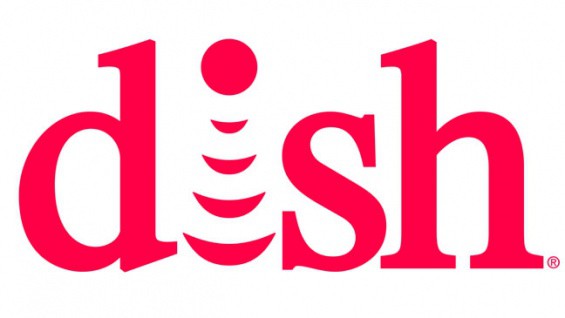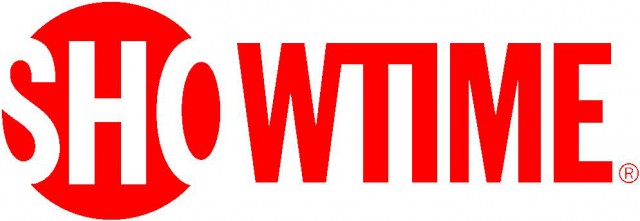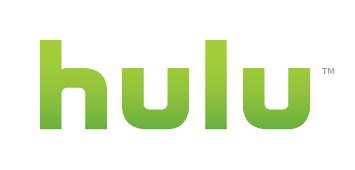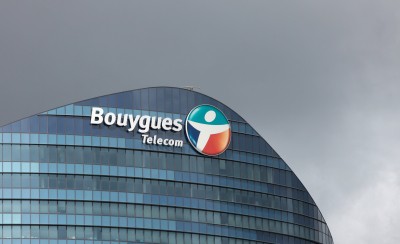 Two cable industry trade associations have asked the Federal Communications Commission to start collecting more fees from satellite television operators to cover the FCC’s regulatory expenses — a move satellite providers argue will cause consumers to suffer bill shock from increased prices.
Two cable industry trade associations have asked the Federal Communications Commission to start collecting more fees from satellite television operators to cover the FCC’s regulatory expenses — a move satellite providers argue will cause consumers to suffer bill shock from increased prices.
The American Cable Association and the National Cable & Telecommunications Association have filed comments with the FCC asking the commission to impose the same regulatory fees on satellite subscribers that cable companies are likely to pay in 2015 — 95 cents a year per subscriber.
The FCC has proposed initially charging satellite operators $0.12 this year per customer, or about one cent a month. The two cable lobbying groups want that 12 cent fee doubled to 24 cents and then raised an additional 24 cents each year until it reaches parity with what cable companies pay.
 “The FCC is off to a good start by declaring that Dish and DirecTV should pay regulatory fees to support the work of the agency’s Media Bureau for the first time and proposing setting the initial per subscriber fee at one cent per month in 2015,” said Matthew Polka, president and CEO of the ACA. “But given the FCC proposes that cable operators pay nearly 8 cents per month, per customer, it must do more, including requiring these two multibillion dollar companies with national reach to shoulder more of the fee burden next year that is now disproportionately borne by smaller, locally based cable operators.”
“The FCC is off to a good start by declaring that Dish and DirecTV should pay regulatory fees to support the work of the agency’s Media Bureau for the first time and proposing setting the initial per subscriber fee at one cent per month in 2015,” said Matthew Polka, president and CEO of the ACA. “But given the FCC proposes that cable operators pay nearly 8 cents per month, per customer, it must do more, including requiring these two multibillion dollar companies with national reach to shoulder more of the fee burden next year that is now disproportionately borne by smaller, locally based cable operators.”
The satellite industry has filed their own comments with the FCC objecting to any significant fee increases, claiming it will cause consumers to experience bill shock and that satellite companies pose less of a regulatory burden on the FCC in comparison to cable operators.
The ACA counters that even if the satellite companies were required to pay the full 95 cents this year — the same rate small independent cable operators pay — it would add a trivial $0.08 a month to customer bills — less than a 0.4% increase on the lowest priced introductory offer sold by satellite providers.
 The ACA reminded the FCC it did not seem too concerned about rate shock when it imposed a 99 cent fee on IPTV providers like AT&T U-verse in 2014 without a phase-in.
The ACA reminded the FCC it did not seem too concerned about rate shock when it imposed a 99 cent fee on IPTV providers like AT&T U-verse in 2014 without a phase-in.
DirecTV and Dish argue the FCC has jurisdiction over cable’s television, phone and Internet packages — a more complex assortment of services. Satellite providers currently only sell television service, so charging the same fee cable companies pay would be disproportionate and unfair, both claim.
Despite the sudden introduction of the IPTV fee last year, AT&T managed to use the opportunity to turn lemons into lemonade.
AT&T added a “Regulatory Video Cost Recovery Charge” on customers’ bills after the FCC assessed a 99 cent fee on IPTV services like U-verse in 2014. But AT&T charged nearly three times more than what it actually owed. U-verse customers were billed $0.24 a month/$2.88 in 2014 for “regulatory fee cost recovery.” But AT&T only paid the FCC $0.99 for each of its 5.7 million customers. It kept the remaining $1.89 for itself, amounting to $10,773,000 in excess profit.
This year the FCC expects to collect $0.95 from each U-verse subscriber, a four cent decline.


 Subscribe
Subscribe Customers paying $7.99 a month for what used to be called Hulu Plus will be able to add Showtime to their Hulu subscription for an extra $8.99 a month — two dollars less than what Showtime will charge Apple TV and other online video customers.
Customers paying $7.99 a month for what used to be called Hulu Plus will be able to add Showtime to their Hulu subscription for an extra $8.99 a month — two dollars less than what Showtime will charge Apple TV and other online video customers. Hulu customers who subscribe to Showtime will have access to every Showtime original series ever produced along with Showtime’s full catalog of the same movies, documentaries, specials and sports programming available to cable television customers. Hulu will also carry the east and west coast feeds of Showtime’s primary channel for those who want to watch live events.
Hulu customers who subscribe to Showtime will have access to every Showtime original series ever produced along with Showtime’s full catalog of the same movies, documentaries, specials and sports programming available to cable television customers. Hulu will also carry the east and west coast feeds of Showtime’s primary channel for those who want to watch live events. Cablevision has treated its broadband subscribers to a free speed boost for those signed up for the basic Optimum Online Internet tier. The old speed of 15/5Mbps has today been raised to 25/5Mbps, meeting the FCC’s minimum speed to qualify as broadband service.
Cablevision has treated its broadband subscribers to a free speed boost for those signed up for the basic Optimum Online Internet tier. The old speed of 15/5Mbps has today been raised to 25/5Mbps, meeting the FCC’s minimum speed to qualify as broadband service.
 Mobilicity, a struggling independent wireless carrier serving some of Canada’s largest cities, will end its efforts to compete with larger wireless companies if a court approves its sale to Rogers Communications, Canada’s largest mobile operator.
Mobilicity, a struggling independent wireless carrier serving some of Canada’s largest cities, will end its efforts to compete with larger wireless companies if a court approves its sale to Rogers Communications, Canada’s largest mobile operator. Mobilicity has been under creditor protection since September 2013 and has only managed to keep 157,000 active customers on its discount cellular network. Rogers is said to be interested in Mobilicity primarily as part of a tax write-off strategy. Mobilicity had non-capital loss carry forwards of $567-million by the end of 2013, which offers Rogers a reduction in its tax bill of about 25 to 30% of that amount.
Mobilicity has been under creditor protection since September 2013 and has only managed to keep 157,000 active customers on its discount cellular network. Rogers is said to be interested in Mobilicity primarily as part of a tax write-off strategy. Mobilicity had non-capital loss carry forwards of $567-million by the end of 2013, which offers Rogers a reduction in its tax bill of about 25 to 30% of that amount.